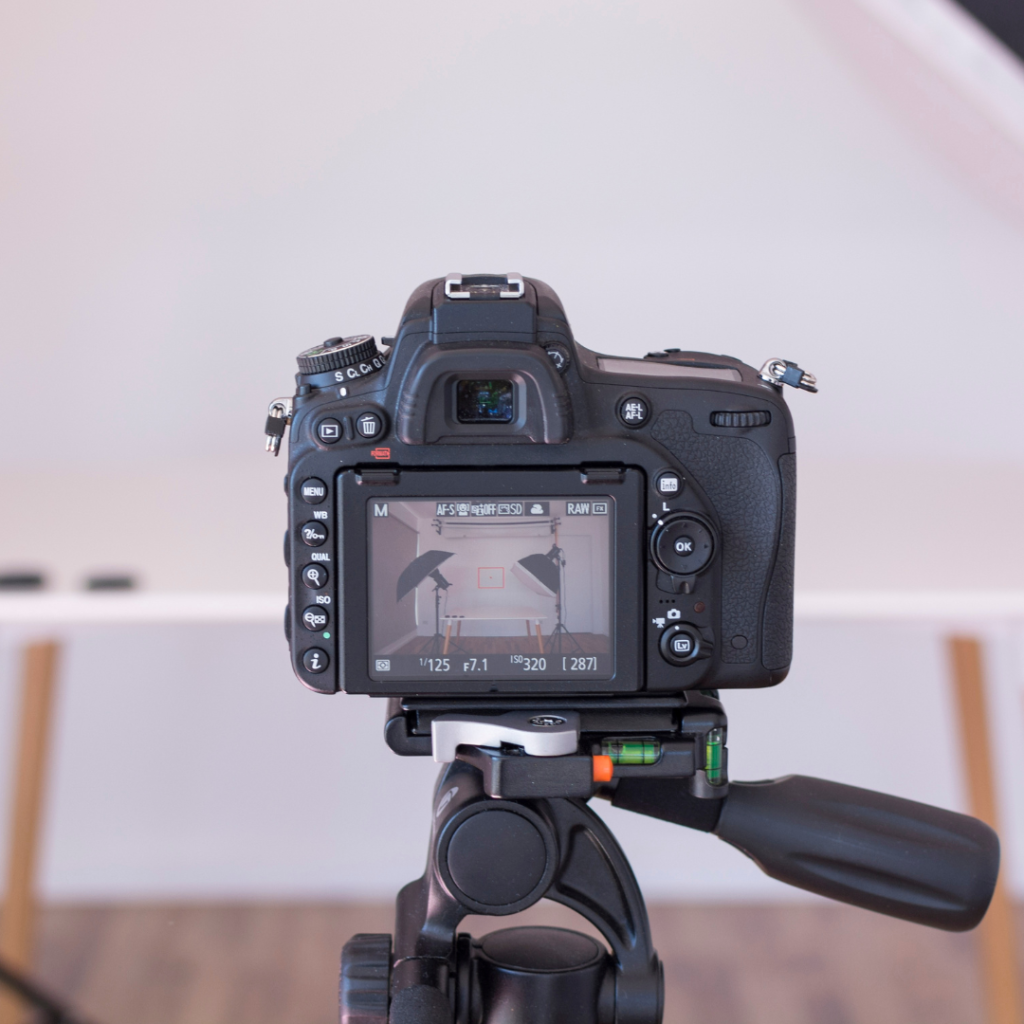
What To Look for When Buying Your First Camera
Let’s face it: there are so many different cameras out there that it can be a little overwhelming. But if you want to get serious about photography, buying your first camera is a must. That’s why we’ve put together a list of the things to look for when buying your first camera.
Price Range
Price is always a big factor when deciding on a purchase, especially a big purchase like a camera. You want to make sure you are getting the best bang for your buck.
Do your research to find out what cameras are in your price range and what features they offer. It is important to know how much you are willing to spend on a camera. Many affordable options still provide great quality.
Once you have a few cameras in mind, read reviews to see what other people are saying about them. This will help you narrow down your choices and make a decision based on your budget and your needs.
Size
Size is an important consideration when purchasing your first camera. A smaller camera may be more portable and easier to carry with you. But it will also have fewer features and capabilities than a larger camera.
A larger camera may be more expensive and difficult to carry. But it will offer more features and be able to take better-quality photos. Ultimately, the size of the camera you choose should be based on your specific needs and preferences.
Weight
When purchasing your first camera, it is important to consider the weight of the device. A heavier camera may be more difficult to carry around. But it will also be sturdy and less likely to break if dropped.
A lighter camera may be easier to transport. But it may be more delicate and more likely to get damaged if not handled carefully.
Image Quality
When looking for your first camera, image quality is important to consider. How clear and sharp you want your photos to be will depend on the camera you choose. Cameras with more megapixels will produce higher-quality images than those with fewer megapixels.
Another thing to consider is the sensor size. A large sensor will result in higher-quality images than a small sensor.
Lenses
When you are buying your first camera, you need to pay attention to the lenses. The lenses are what allow the camera to focus on the subject and take clear pictures. There are a few different types of lenses, and you need to choose the right one for your needs.
If you are going to be taking pictures of people, you need a lens that can focus on the face. If you are going to be taking pictures of landscapes, you need a lens that can capture the whole scene.
You also need to decide if you want a zoom lens or a wide-angle lens. A zoom lens is good for getting close-up shots, while a wide-angle lens is good for getting pictures of large groups of people or landscapes.
User-friendliness
When you are looking for your first camera, it is important to find one that is user-friendly. You should look for a camera that is easy to hold and has all the controls within easy reach.
The menu system should be easy to navigate, and the camera should have an auto mode that is easy to use. The camera should also come with a manual so that you can learn how to use all the features.
Image Stabilization
Image stabilization is an important feature to look for when purchasing your first camera. This feature will help to keep your images steady and clear, even if your hands are shaking.
There are two main types of image stabilization: optical and digital. Optical stabilization is often found in more expensive cameras and uses sensors to detect movement. Digital stabilization is found in many cheaper cameras and uses algorithms to reduce blur.
Point-and-Shoot or DSLR
There are a few things you should keep in mind when deciding between a point-and-shoot camera or a DSLR camera. One is the image sensor.
A DSLR will have a larger image sensor than a point-and-shoot, meaning it can capture more light and detail. This is important if you want to take high-quality photos.
Another thing to consider is lenses. A DSLR will have interchangeable lenses, so you can choose the one that best suits your needs. With a point-and-shoot, you’re stuck with the one lens that comes with the camera.
Finally, think about your budget. DSLR cameras can be quite expensive, so if you’re on a tight budget, a point-and-shoot might be a better option.


